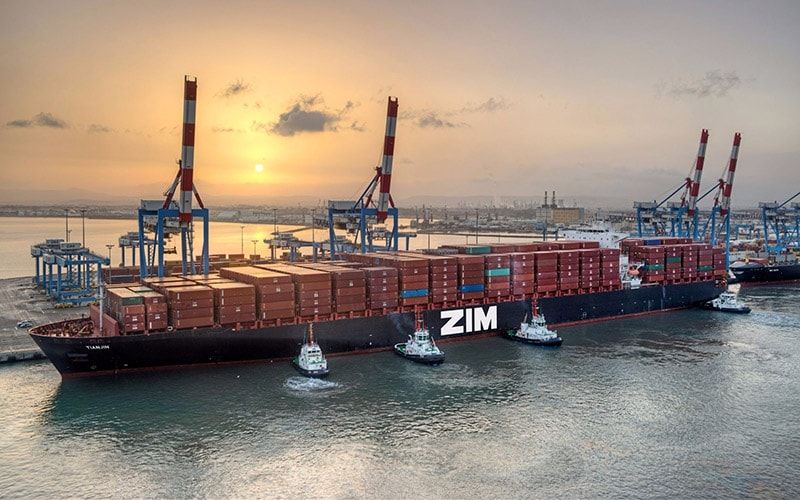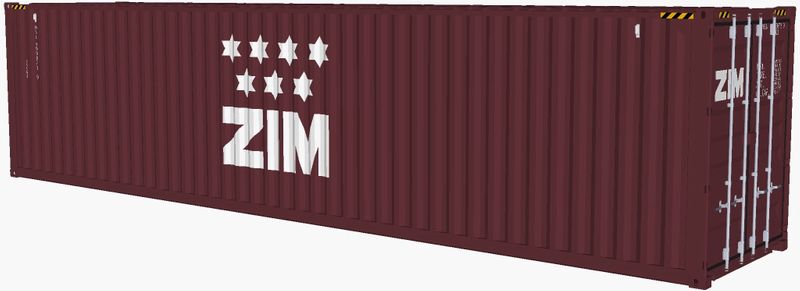ZIM Bill of Lading Tracking
Track your ZIM bill of lading easily
Are you sure to clear all of your tracking history?

ZIM Bill of Lading Tracking
The bill of lading is a document and evidence of delivery of the cargo to the shipping line. After delivery of the full loaded containers to ZIM shipping line, the shipping company will issue the bill of lading based on a procedure. Having this bill of lading (BL) number, you can easily track your cargo via ZIM bill of lading tracking on Visiwise.
About ZIM
ZIM was founded in 1945, the first ship was purchased in partnership with Harris and Dixon (based in London) in 1947. This vessel was refurbished, renamed SS Kedma, and sailed to the future state of Israel in the summer of 1947
In 2008, ZIM planned to launch an initial public offering and selling 25% of its shares on the Hong Kong Stock Exchange, but due to the onset of the global economic crisis it was called off. In 2009, ZIM required a cash injection of $450 million by the Ofer family and debt restructuring following the world's container shipping downturn
In July 2014, by which time the company was almost wholly owned by Israel Corporation, ZIM was restructured with 68% of the group's shares owned by its creditors and bondholders, and 32% retained by Israel Corporation, and starting early 2015 by Kenon Holdings, a spin-off company of Israel Corporation.
| Founded | 1945 |
| Vessels | 80 |
| Employees | 4200 |
| Website | www.zim.com |


What is bill of lading tracking?
bill of lading tracking refers to the process of monitoring and tracing the movement of shipping containers from their origin to their destination. It involves the use of technologies such as GPS, RFID, and data communication networks to provide real-time or near real-time visibility into the location and status of containers.
Why is bill of lading tracking important?
Generally, bill of lading tracking offers a range of benefits, including enhanced supply chain visibility, improved operational efficiency, timely delivery, risk management, customer service, and compliance. It empowers businesses with the necessary information to optimize their logistics processes, make informed decisions, and ensure the smooth and secure movement of goods throughout the supply chain.
Who uses tracking tools?
Various stakeholders use bill of lading tracking tools, including shippers, consignees, freight forwarders, logistics providers, and customs authorities. These tools enable them to track and monitor containers throughout the supply chain.
How can users find ZIM tracking numbers?
To find a ZIM tracking number, users typically receive it from the shipping company or logistics provider when they book their shipment. It is usually a unique alphanumeric code assigned to each container. Users can also find the tracking number on shipping documents, invoices, or through online platforms or mobile applications provided by the shipping company.
What kind of data users get after bill of lading tracking?
After bill of lading tracking, users can obtain a range of data depending on the tracking system and service provider. Shipup provides you the Arrival and Departure, Location and Vessel Tracking, route, Movements (Milestones), Port and Terminal, and Rail Data.

